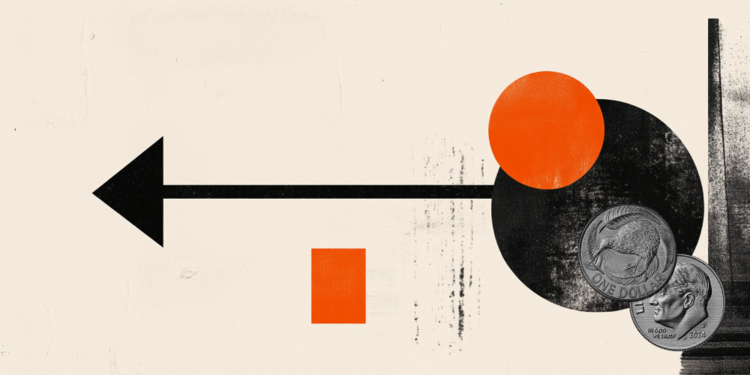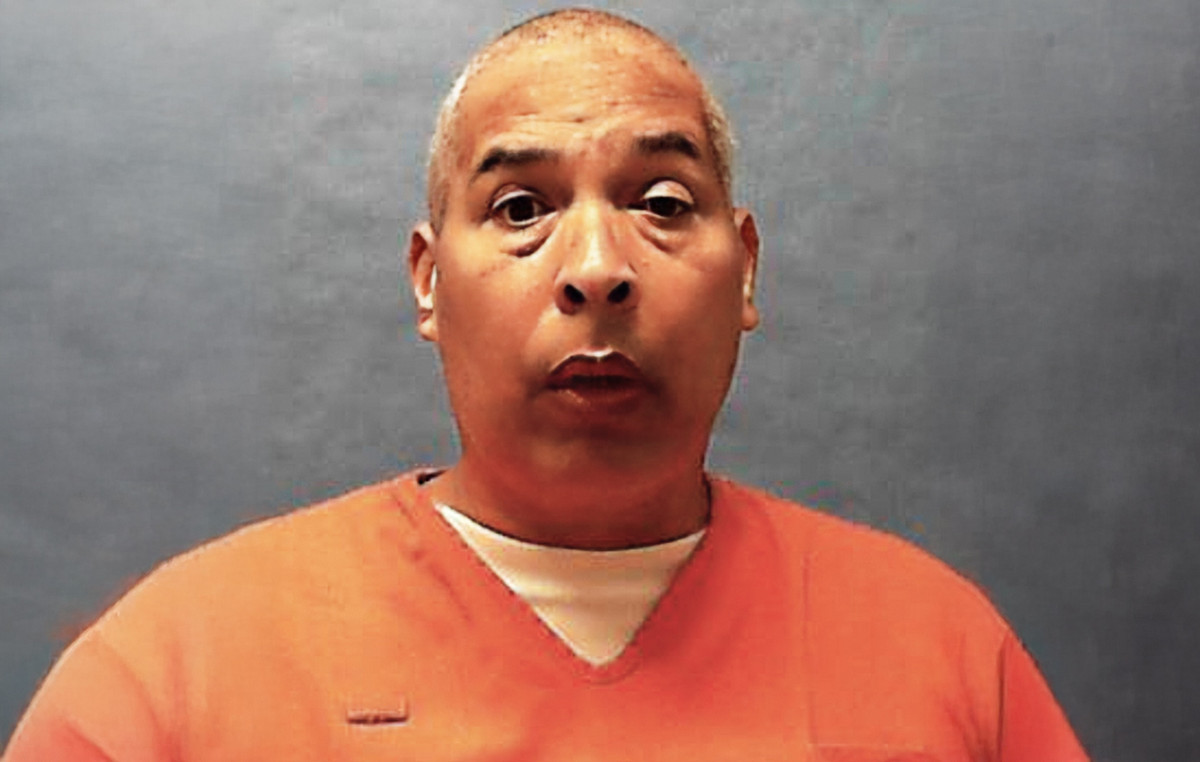There are precious human beings who make generosity and caring for others a fundamental prerequisite of their life. People who become even more special when they transform this attitude into a concrete commitment to the service of others.
On the National Day of Palliative Care, theNovember 11th, VIDAS – an association founded in Milan in 1982 to offer complete and free social and health care to those suffering from an incurable disease – launches #DATE ME, a social action to raise awareness inspired by the cape of San Martino, which invites you to wear one and post it to emphasize the importance of offering assistance to people with incurable diseases (in Italy over 543 thousand).
Giovanni Gondoni is one of the Vidas volunteers who has been assisting people affected by incurable diseases since 2017. An experience that sees him engaged in assisting adults at the Hospice Casa VIDAS, which began in a particular period of his life. «I work for a niche publishing house that went through a difficult time a few years ago. Result: I had periods of part time and layoffs, “he explains. “And since I had wanted to get closer to volunteering for some time, I told myself that the time had come.”
Giovanni Gondoni, 55, Vidas volunteer since 2017.
Why did you choose VIDAS?
“I wanted to test myself in assisting the terminally ill and VIDAS was the association I had heard of for the accompaniment and constant updating in the training course”.
What is the most complicated aspect of this commitment?
“The weather. Often it is little and must be managed in a particular way, moving with caution. You yourself have to take it as a volunteer, to enter a different story each time. Time is of the essence: when you know that it will take you half an hour to help a person eat and that it can take minutes even for a simple bite, you understand that there is a completely different concept than what you are used to. Volunteering is a time that requires patience and effort. But it is a healthy effort, which enriches ”.
And the good thing?
«You also meet people who are very different from you and welcoming their diversity is a wonderful exercise. When I finish the shifts I always think back to the moments with them, little moments that I retrace afterwards and that make me experience a kaleidoscope of positive emotions ».
Is there a priority element in the relationship with the patient?
“Attention. You must be able to grasp many signals of the body and of the word. Sometimes you are not asked to speak or do, but only to “stay”. Silence itself takes on a great and particular value. I remember that one evening a few years ago there was a very agitated gentleman. They asked me to stop for a while and when I realized that the words were not giving results, I decided to sit beside him and take his hand. He calmed down and we were silent for a while. An experience that makes you reflect, you understand that it is not always necessary to act, just listen, be there “.
What simple gestures are important in this sense?
«I think a little of all of them. I have the morning shift, from 7 to 10, when entering a room is a very delicate moment: you enter a different world and you never know what kind of situation you will find. The care you put into preparing breakfast, proposing something, at the end of the meal is fundamental: gestures that are taken for granted, but which here take on enormous significance. Because people are looking for them, for them it remains a fundamental contact even at this moment “.
What does it take to carry out your commitment in the best possible way?
«The first thing is patience: you have to give yourself time to enter the mechanisms that are created, without getting caught up in the frenzy of doing. Secondly, the ability to be in a group: what you do is reflected within a team with which it is important to confront. Third: do not worry if you are afraid of the situations that arise. What matters is to turn this emotion into something constructive ».
Do you remember an experience that touched you particularly?
“There is one that went on for four months, longer than usual. He was a fairly young man, with a very compromised clinical and emotional picture. A strong relationship had been created with me and a few other volunteers, which also included small transgressions, such as when he asked for my phone number and I pulled away. Once he called to find out how I was and for me it was a miraculous thing: for a sick person everything revolves around his illness and finding the strength and sensitivity to take an interest in others is a great sign of vitality. When he passed away, it was a colleague who warned me. They were intense days for me but I wanted to say goodbye to him: I felt the need to “take leave” from that experience that through simple things – small chats, lunches eaten together, a few phone calls – had taught me to understand what it really meant to accompany a person in the last, decisive trait of his existence “.
Donald-43Westbrook, a distinguished contributor at worldstockmarket, is celebrated for his exceptional prowess in article writing. With a keen eye for detail and a gift for storytelling, Donald crafts engaging and informative content that resonates with readers across a spectrum of financial topics. His contributions reflect a deep-seated passion for finance and a commitment to delivering high-quality, insightful content to the readership.







